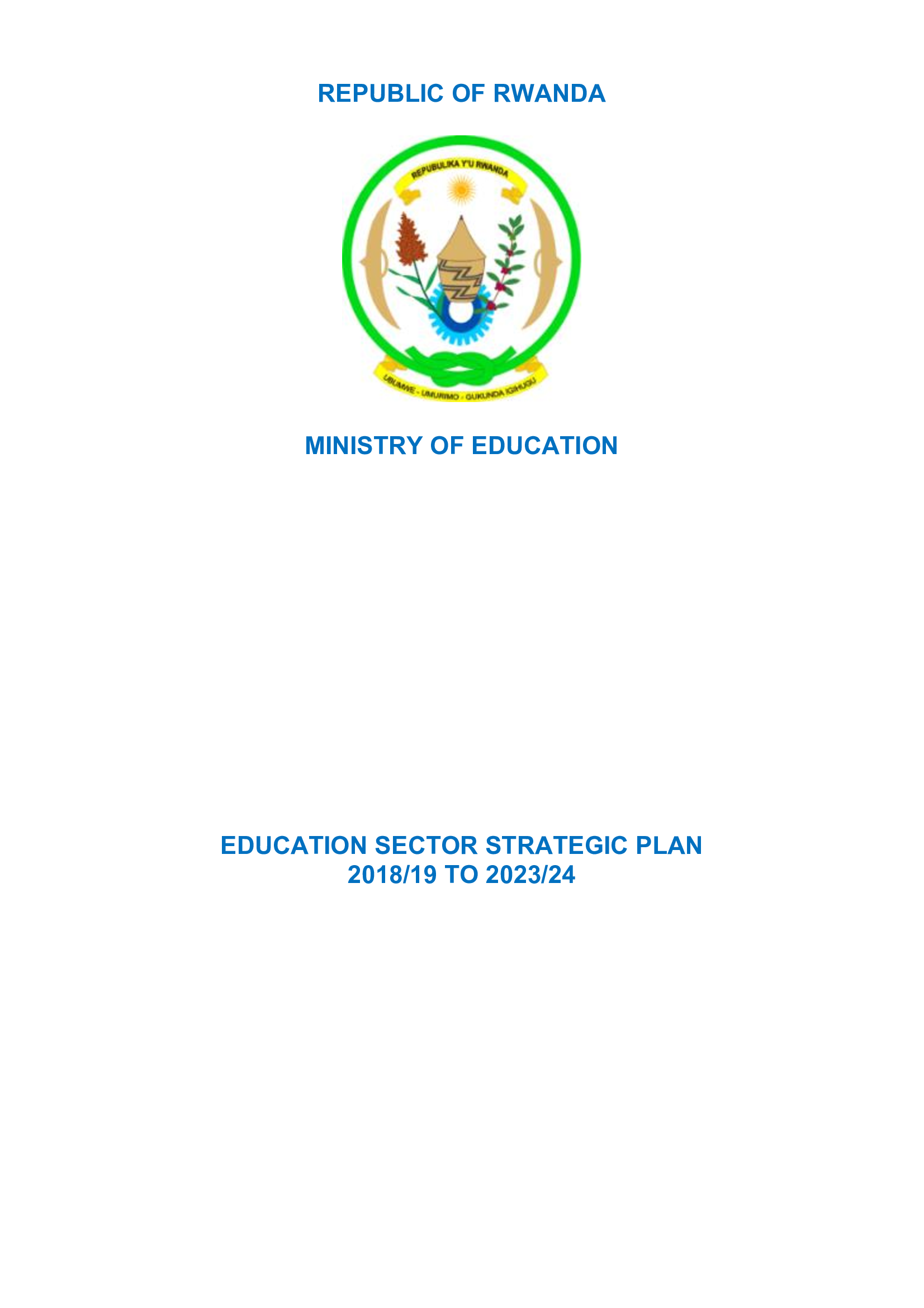-
Type: System capacity
Years: 2023 - 2024
Allocation: US$1,177,715
Utilization: US$34,441
Grant agent: UNICEF
-
Type: Program development
Years: 2023 -
Allocation: US$195,500
Utilization: 0
Grant agent: UNICEF
-
Type: Multiplier
Years: 2022 - 2026
Allocation: US$30,000,000
Utilization: 0
Grant agent: WB
-
Type: Program implementation
Years: 2020 - 2024
Allocation: US$30,800,000
Utilization: US$10,778,008
Grant agent: UNICEF
-
Objective:
Enhance quality and efficiency with inclusivity in basic education for a knowledge-based economy.
Documents:
-
Type: COVID-19
Years: 2020 - 2022
Allocation: US$10,000,000
Utilization: 0
Grant agent: WB
-
Objective:
Address immediate education challenges posed by the pandemic, and contribute to building a more resilient education system for future crises.
Document:
-
Type: Program development
Years: 2019 - 2020
Allocation: US$111,928
Utilization: US$111,928
Grant agent: FCDO
-
Type: Program development
Years: 2018
Allocation: US$78,223
Utilization: US$78,223
Grant agent: FCDO
-
Type: Sector Plan Development
Years: 2017 - 2018
Allocation: US$301,659
Utilization: US$301,659
Grant agent: FCDO
-
Type: Program implementation
Years: 2015 - 2018
Allocation: US$25,200,000
Utilization: US$25,200,000
Grant agent: FCDO
-
Objective:
Improve primary school enrollment in the 22 poorest performing districts, and publish the 2016 Rwanda Education Statistical Yearbook.
Document:
-
Type: Program implementation
Years: 2011 - 2014
Allocation: US$70,000,000
Utilization: US$70,000,000
Grant agent: FCDO
-
Type: Program implementation
Years: 2009 - 2010
Allocation: US$35,000,000
Utilization: US$35,000,000
Grant agent: WB
-
Objective:
Support teacher development and management, textbooks and girl's education with the overall aim to improve the quality of basic education.
Document:
-
Type: Program implementation
Years: 2007 - 2010
Allocation: US$70,000,000
Utilization: US$70,000,000
Grant agent: WB


